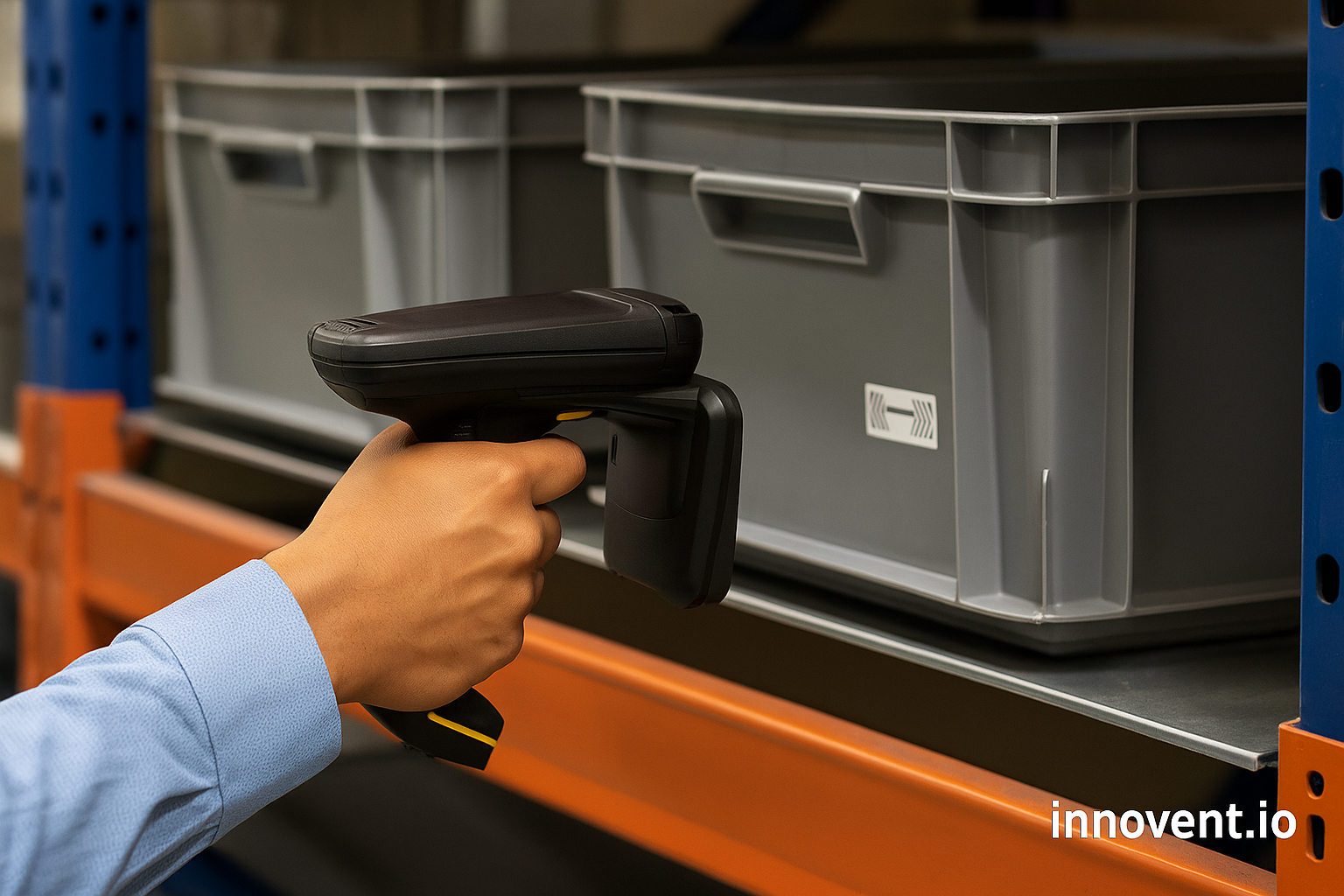The health and medical sector is one of the biggest and most important globally. Many hospitals and clinics worldwide produce a lot of waste daily, which causes the health sector billions of dollars of damage. Many important resources are wasted yearly due to a lack of proper management. The World Health Organization (WHO) estimates hospitals can avoid 30% of medical waste worldwide
Healthcare inventory management has been crucial in reducing waste in the medical sector. It enables hospitals to track medicines and medical equipment. It does not allow them to stockpile excessively but ensures they have what they need. In this blog, we will discuss how healthcare inventory management is helpful in reducing medical waste.

Why is medical waste a Big Issue?
Medical waste is a critical concern worldwide. Hospitals in Dubai alone generate around 7 kg of waste per bed each day. Although hospitals cannot avoid all the waste, they can avoid most of it.
Unused, expired drugs and excess stock that never gets used result in wastage. Hospitals, if unable to manage stock, result in over or understocking. The problem of stock management is that much material is wasted before someone can use it. Wastage incurs costs and may even have unwanted consequences for the environment.
By integrating smart RFID solutions, inventory management of healthcare in Dubai minimizes wastage for clinics and hospitals. It guarantees that materials are used before their expiration date. It also guarantees that the right stock quantity is ordered to avoid wastage.
How Cloud-Based Inventory Systems Help?
Most hospitals currently use cloud-based inventory management systems, which monitor medical supplies via the Internet. Introducing this technology has reduced the hospital waste by 20-30%. Cloud-based systems assist hospitals in several ways. They provide stock levels in real-time. When supplies are running low, the system reminds the staff.
This cloud-based system prevents the hospital from overordering and wasting supplies. Hospitals previously depended on paper files or manual records, leading to errors. Cloud systems save all data online and are simpler to manage. Some of the largest hospitals in Dubai are implementing such systems to cut costs and conserve resources.
Implementing Retail Inventory Systems in Healthcare
Retail inventory management systems are standard in pharmacies and, nowadays, also in the healthcare industry. Studies show that pharmacies lose 10% of revenue due to wasteful inventory tracking. Medicines have expiration dates; if the pharmacy is not careful about monitoring, most medicines expire.
Retail inventory management systems help pharmacists track inventory levels and stock only when needed. These systems also benefit patients. If the pharmacy controls its inventory well, it will never have any new drugs. Implementing this system improves customer care and reduces waste.
How do Small Clinics Manage Inventory?
Reasonable inventory control also helps small clinics and independent pharmacies. However, most are affected because they lack the workforce to monitor stocks. A report indicates that 70% of small clinics overstock or experience stockouts.
Small business inventory management systems help clinics like these. They track stock automatically, so doctors and pharmacists do not need to review everything manually. This is time-saving and ensures clinics have the correct quantity of supplies. These systems also help pharmacies balance their medicine stock. They can purchase more quantities if a specific medicine is in high demand. If a medicine is not needed, they can avoid overstocking, minimizing waste.
How Patient Management Decreases Waste?
Patient management and monitoring systems ensure the hospital delivers enhanced patient care while avoiding waste. Studies show that hospitals decrease unnecessary medicine orders by 15%. These systems ensure that a hospital tracks patient care and medicine, preventing unnecessary medicine from being ordered.
A patient monitoring system constantly monitors a patient's health. When a patient's status changes, physicians can modify the medicine, preventing the waste of unused medicine. These systems also help physicians in making better treatment decisions. With proper equipment, they can ensure that only necessary medications are given.
Managing Medicine Inventory
Pharmaceutical inventory management is the most challenging task in the healthcare industry. Sources expose that, according to reports, 30% of hospital medicines go unused due to poor tracking. Hospitals and Dubai pharmacies now use pharmaceutical inventory management to trace medicine stock.
These systems help them avoid over- or under-ordering. Proper storage and use before the expiration date improve patient safety. It also saves hospital funds and prevents waste. By proper monitoring, hospitals can maintain medicines in stock without unnecessary inventory.
Innovent: The Healthcare Solution Provider
Innovent is a reliable name for reducing waste in the healthcare sector. They offer smart inventory control solutions for hospitals, pharmacies, and clinics. These tools minimize waste and make it easier for doctors and nurses to work efficiently and effectively.
Innovent offers quality equipment that can meet present healthcare needs. Their advanced equipment helps manage stock, deal with patients, and conduct medical research. Proper integration of this technology can make hospitals much safer and more reliable. Thanks to its dedication to customer service and innovation, Innovent is at the forefront of the future of medicine. Its technology provides clinics and hospitals with the right equipment to save lives and reduce costs.
References:
https://www.who.int/news-room/fact-sheets/detail/health-care-waste
https://www.academia.edu/49808769/Medical_waste_management_in_the_UAE
https://www.who.int/publications/i/item/9789240039612
https://scholarworks.uaeu.ac.ae/all_theses/500/









